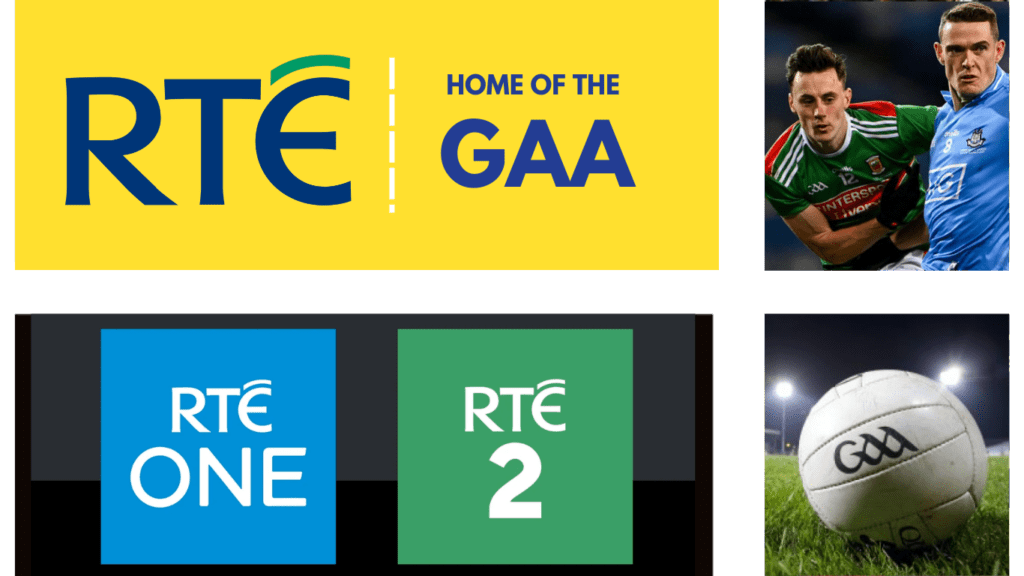In the heartlands of Ireland, a spirited sporting culture thrives, captivating millions with its fervor and skill. Gaelic games, a unique blend of football, hurling, camogie, and handball, form the essence of Irish sporting heritage. These games, deeply rooted in ancient tradition, embody the passion, pride, and unity of the Irish people. Here we delve into the world of Gaelic games, exploring their rich history, unparalleled excitement, and the cultural significance they hold for the Irish nation.
Origins and Evolution
Gaelic games trace their roots back over 3,000 years, to the ancient Celtic civilizations that flourished on the island of Ireland. Hurling, a fast-paced and dynamic game, was played by warriors to display their strength and agility. Football, with its distinctive Gaelic style, emerged as a game of the people, blending skill, endurance, and teamwork. Over the centuries, these games evolved, adapting to changing times and becoming deeply ingrained in the fabric of Irish society.
The GAA: Guardians of Tradition
At the heart of Gaelic games stands the Gaelic Athletic Association (GAA), an organization founded in 1884 to preserve and promote Ireland’s native sports. The GAA has played a pivotal role in nurturing Gaelic games, providing communities across the country with a platform to participate, compete, and celebrate their heritage. Through its clubs, county teams, and passionate volunteers, the GAA fosters a sense of belonging and pride, instilling values of sportsmanship and camaraderie.
Football and Hurling: The Cornerstones of Passion
Football and hurling occupy a special place in the hearts of Irish sports enthusiasts. Gaelic football, a thrilling blend of soccer and rugby, showcases skillful footwork, precise passing, and breathtaking goals. Hurling, often described as the fastest field sport in the world, combines lightning-fast stickwork, aerial battles, and a passionate atmosphere that reverberates throughout the stadium. These sports capture the essence of Gaelic games, captivating fans with their speed, intensity, and unyielding spirit.
Camogie and Handball: Empowering Women and Honoring Tradition
Camogie, the female counterpart to hurling, showcases the incredible athleticism and skill of women in Gaelic games. Offering its own unique excitement, the game has grown in popularity, with skilled players demonstrating exceptional stickwork, lightning-quick reflexes, and strategic teamwork. Handball, another ancient Irish sport, showcases remarkable hand-eye coordination and agility, keeping the tradition alive in a fiercely competitive modern landscape.
Cultural Significance: A Tapestry of Irish Identity
Gaelic games serve as a powerful thread that weaves through the rich tapestry of Irish identity. From the passionate fans who paint their faces in county colors to the stirring sound of the national anthem before a match, these games evoke a deep sense of pride and belonging. The All-Ireland Championships, held annually at Croke Park, symbolize the pinnacle of Gaelic games, drawing spectators from all corners of the island, regardless of county allegiance.
Conclusion
Gaelic games stand as a testament to the resilience, heritage, and passion of the Irish people. Rooted in tradition yet embracing modernity, these games hold a cherished place in Irish society, uniting communities, and fostering a sense of belonging. As the athletes take to the field, the crowd roars in unison, and the magic of Gaelic games unfolds, reminding us of the power of sport to transcend boundaries, ignite spirits, and bind a nation together.
For more information on the GAA and Gaelic games, please visit Gaa.ie or through social media at /officialgaa and use #GAA. For the latest Gaelic football and Hurling news and GAA coverage, please visit GAAonRTE.com or through social media at @officialgaa


